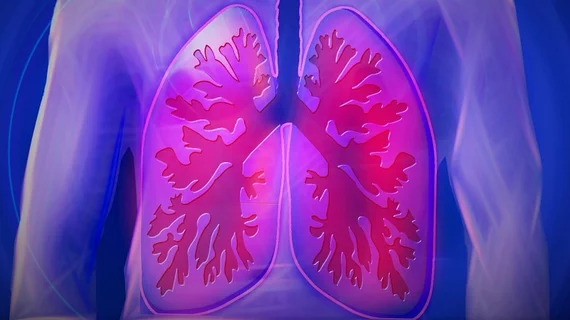Nines gets nod on AI nodule measurer
The FDA has given the all-clear to AI software that measures nodules in the lungs, a tedious but important task for radiologists monitoring changes in these growths over time.
Teleradiology provider Nines announced the 510(k) clearance March 30.
The Silicon Valley company says the tool lets radiologists spend less time measuring lung nodules so they can make diagnoses faster and attend to other duties sooner.
The regulatory clearance follows less than a year after Nines earned a go-ahead for two neurodiagnostic AI applications.
The company says its success bringing AI products to market owes to its strategic pairing of radiologists with engineers to “collaborate and develop new approaches and advanced techniques never seen in a radiology practice. For example, while most facilities typically see a tech update once a year, workflow feature enhancements occur about every three days at Nines, saving radiologists valuable time.”

